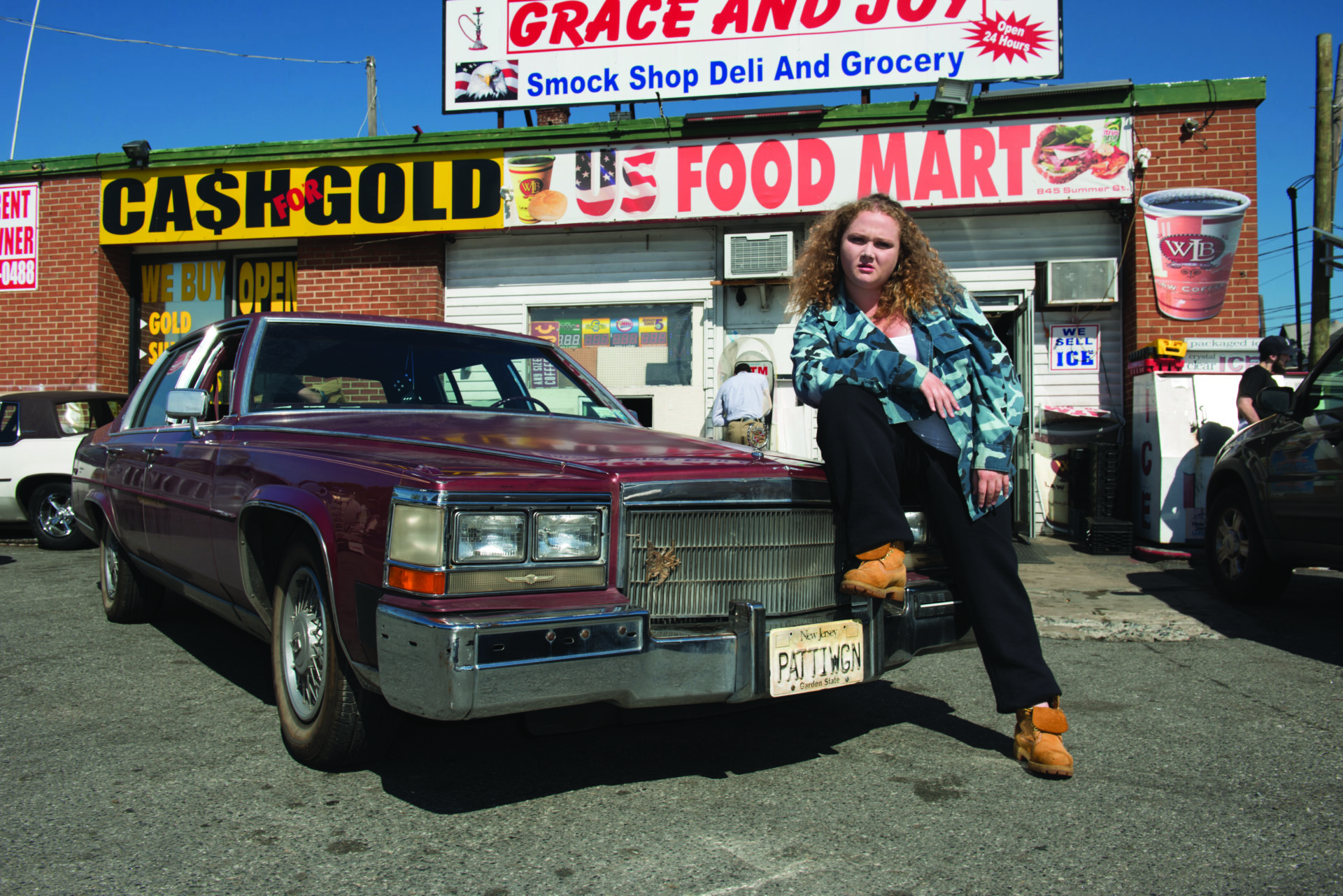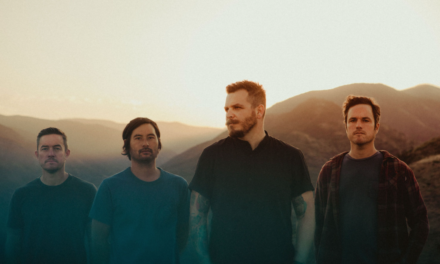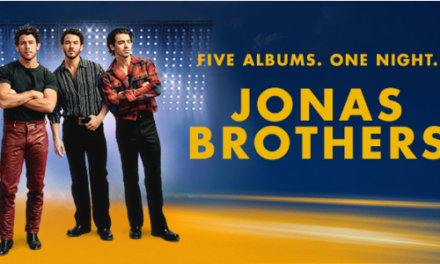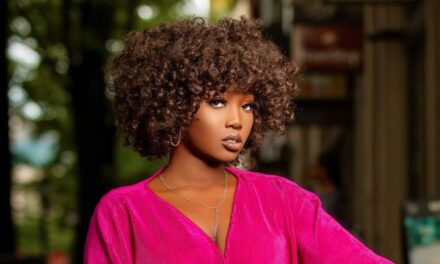Underdog stories are a dime a dozen, and stories about the rap industry aren’t so rare either, so it takes something special to differentiate a film from the pack. Patti Cake$ is a bit of a different beast than the music biopics or East Coast/West Coast narratives to which rap is given the usual cinematic treatment, instead chronicling the struggles and accomplishments of a young woman named Patti in the New Jersey suburbs. We had an opportunity to sit down with writer and director Geremy Jasper to discuss the film in greater detail.
This is your first feature film as a director. What unique challenges did you face making a feature rather than a short?
GEREMY JASPER: Well, because it was my first screenplay also, I just didn’t know how much stuff translates from the page to the screen, and there’s so many songs. I think I really overwrote the script. I had way too many characters and way too many scenes. So, because we only had 21 days to shoot it, and because there were so many locations spread out across New York and New Jersey, we were rushed. We were guerrilla style, bouncing around trying to grab the stuff, and if I could go back in a time machine, I would cut so much out. There’s so many little scenes and little locations that added so much stress to production.
Did a lot of those little scenes still make it into the movie?
No! There’s a bunch of scenes and characters that unfortunately didn’t get in. There’s just not enough room in the story to fit that stuff in. We spent a lot of time through the editing to make the film shorter, and it still ended up being an hour and 48 minutes.
So do you feel like the guerrilla, rough and tumble style in which you had to shoot the film affected how it came together?
I think it was an asset. I think it reflected the “rough and tumble” environment. It was sort of documentary style in how we were approaching Patti and the rest of the characters, which I think was really important aesthetically. So then you felt emotionally connected to these characters. Otherwise people might have thought we were being condescending, or think it was more of a Napoleon Dynamite thing, which is a film that I love, but it’s not that. There should be distance between audience and characters, especially Patti. So we get up close and personal, and that makes things a lot more emotional. That raw, rough-around-the-edges style played up against some of the slicker fantasy sequences to make those worlds distinct.
You frame Patti as such a relatable character. Is she based on anyone? What was your inspiration for her?
It’s a mix. She’s definitely someone who could be in my extended family. I grew up with a lot of women in my family who are similar to Patti. But a lot of the stuff she goes through and her artistic arc is shit that I went through growing up in New Jersey, wanting to be a musician and being stuck in my parents’ house. Some of my own experience, imagination, and some of my friends’ experiences all get kind of mixed up together. Patti is someone I feel related to. Sometimes, I’d call her my alter ego.
Considering how much of the film is based on your own experiences, would you say the film is specifically a New Jersey story?
Well, I think Jersey is a character in the film, and a lot of the attitude comes from specifically Jersey. But I’ve talked to a lot of people who have seen the film, even Europeans, who just understand the underlying themes. It’s not so specific to a place that it alienates people that are not from there. But the biggest compliment is when people who are actually from there feel like I really captured it. I think it’s turned into a bit of a punchline, and when people use Jersey in TV shows and films, they think it’ll be funny in some sort of way, and it comes off kind of tacky. So that’s why it was important to me that all those locations felt real.
One of the film’s themes is the relationship between socioeconomic class and the accessibility of the rap scene for newcomers. Care to comment on that a bit?
Well, I can’t talk about it in a broader sense, like with other rappers, but I always thought it was interesting with someone like Patti. Hip-hop is really about bragging in creative ways about materialism, and the more creative you can rap about it, the better. She’s someone who doesn’t have anything, really. Rap is a way for her to almost dream herself into some sort of fantasy. And through the film, she goes on this journey and becomes more connected to who she is without all those materialistic trappings. It’s about her not trying to fight her idols or pretend she’s something she’s not or talk about stuff that isn’t a part of who she is.
The film also explores the relationship between pain and artistic expression. Do you think that pain is a necessary component to creating great art?
I think there can be a lot of emotional stakes that don’t have to be just pain. Joy is important, and I think humor is important. The thing that’s also important is to have gone through something that you can draw from. You have to have some sort of experience. But sometimes going through a painful experience makes it possible to make art. I’d be shocked if someone led such a charmed life and made great art, but maybe that’s true, I don’t know. Someone like David Lynch is so interesting because he’s on another plane. It’s hard to imagine anything terrible happening to him, but that’s not true because he made Eraserhead.
What did Danielle McDonald bring to the role of Patti that wasn’t on the page?
She brings the humanity. She brings all the subtlety. She made Patti a living woman, instead of just being a punch line or a cardboard cutout of who this character could be. Being able to workshop the character with her just meant that we could take the character in so many directions. The script wasn’t final when she came on board; there was another two years of writing. So knowing that I was working with her meant we could go to all these interesting places. She made Patti such a three-dimensional, complicated character. And she’s the one character in the film that made swear words sound really great! We trusted each other to get to the place we needed to as we shot. I knew from the start that Danielle was one of the hardest working people I’ve ever met.
Where would you like to go from here? What do you have planned?
Well, once we finish the soundtrack and the film is released, I plan to spend the next year writing this project that I’m very excited about. It’s going to be a pretty different film. There’s going to be some things that will be similar, but it’s in a completely different universe. I got a little worried after the film premiered at Sundance that I didn’t know what I want to do, but now I have something and I’m getting really excited.
*A version of this interview first ran in the current print issue of Substream Magazine, on stands now and available through our online store!













